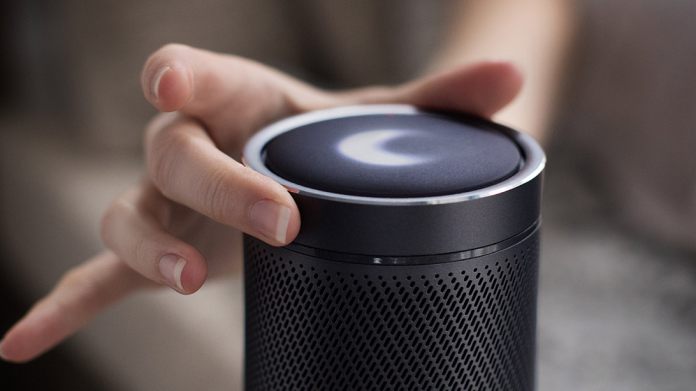We know the Cortana-powered Harman Kardon Invoke smart speaker is due for a fall release. Microsoft's first foray into the market was announced in May with that unspecific launch date. Now, a report from Thurrott.com's Brad Sams puts a firmer date for the launch date.
On Twitter, Sams says the Invoke will be available from the third week of October. For those not filing through their calendar right now, that would mean anywhere between the 15th and 21st of the month.
It is unclear whether that will be when Microsoft and Harmon Kardon open pre-orders or start shipping, but we would guess the former.
While Harmon Kardon has previously built smart speakers with Lenovo, the Invoke is Microsoft's first. The company is entering the market relatively late. Amazon has already had success with its Alexa-powered Echo series, while Google also sent ripples with its Google Home speaker.
Harman Kardon tells me the Invoke speaker will be available around the 3rd week of October
— Brad Sams (@bdsams) October 4, 2017
It is worth noting that both of those devices are about to ship their second generations. So, Microsoft is late to the party, but the market is still nascent enough that the company could make an impact.
In its current form, the smart speaker has already been perfected. With that in mind, the Invoke does not really do anything the Echo or Home do not. It uses a virtual assistant (in this case Cortana) to automate tasks around a home. For example, users can connect smart home devices to the speaker and control them with voice commands.
Really, the initial stage of the smart speaker market is about which voice assistant you prefer. Customers will soon be able to choose between Cortana, Alexa, and Google. As for the price of the Evoke, it is believed to cost $150, which matches up to its main rivals.
Boosting Voice Assistant Appeal
In August, former Microsoft Cortana employee Qi Lu claimed the company has lost the voice assistant war to Amazon. He believes the company, along with Apple and Google, missed the point of the technology by baking it into phones.
Instead, Lu says the technology needed a dedicated device, like a smart speaker. “The phone, in my view, is going to be, for the foreseeable future, a finger-first, mobile-first device,” explains Lu. “You need an AI-first device to solidify an emerging base of ecosystems.”
Just weeks after Lu's assessment, Microsoft took a big step to improving its voice assistant output. The company announced a partnership with Amazon that will see Cortana and Alexa integrated together. The two companies believe collaboration is the best way to grow the technology and urged Apple and Google to follow the same ethos.






